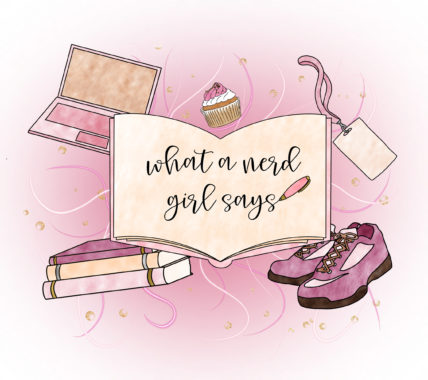Hey everyone! Happy Friday! Today we have a guest post from Shaina over at The Urge to Write blog. She is one of my fave blogs to follow because we have one really big thing in common (among other things): we LOVE to write. Writing is what we do and we share that in common. We decided to do a blog swap!
You can see my blog all about how I found writing, on her blog, right here.
And if anyone is interested in doing a swap, let me know!
For now, enjoy!
* * * *
Guilty pleasures: We all have them. Those books, TV shows, movies and music we’re almost embarrassed to admit we are obsessed with. Well, I’m not embarrassed to admit that most of my favorite things are probably guilty pleasures, even (especially?) when it comes to books. Teenage angst? Adventure? Drama? Sexual tension? Hot guys? Bring it on.
But every once in a while something comes along that should be bad. It should serve as nothing more than an escape from reality into another world, but turns out to be so much more than that. Or at least to you, it is. It could be social commentary disguised as a cheesy fantasy show. It could blur the lines between good and evil. It may be because you read or watched it at a time in your life when you really needed it.
So this is a post about my not-so-guilty pleasures. I was originally going to focus on literature, and then I remembered a perfect TV example: Buffy the Vampire Slayer. On the surface, it’s a campy horror show about a teenaged girl who kicks vampire ass, with biting (no pun intended) humor and a sexy cast. But, at least in its earliest seasons, the fantasy elements symbolize something kids go through in high school. This isn’t high school English class, haha –I’m not overanalyzing; Joss Whedon has talked about the symbolism in this show. I’ve even heard that some universities have offered courses about BTVS. (In case you haven’t heard, Joss is kind of the most amazing person, ever.)
The real reason I’ve pondered this lately is because of the relatively recent explosion of genre young adult fiction. Despite its seeming legions of fans, most people I’ve talked to agree that, while the Twilight series is an enjoyable read, the writing is so-so –and I think we can all agree that it’s meant to entertain, not to change lives. (But if you feel it’s changed yours, I don’t judge!) I will give author Stephenie Meyer credit, however, for writing a suspense-packed series -she kept me hooked, even though I didn’t want to be. For me, Twilight is definitely a traditional guilty pleasure.
As far as recent “blockbuster” young adult books go, I feel like The Hunger Games is actually a good series. Sure, it has drama and adventure and the ever popular love triangle (which I am a TOTAL sucker for, btw), but it’s also based on a very dark concept and reveals some of the worst sides of humanity. (I know everybody faults it for being similar to Battle Royale, but that’s not really a big deal to me.) It’s been a while since I read them, but I remember thinking that Suzanne Collins is an insightful writer. Also, it’s incredibly refreshing that Katniss Everdeen isn’t your typical young adult heroine. In my opinion, it’s very important for pop lit to have strong female characters since it reaches such a wide audience.
Last but not least is my beloved Fever series, written by Karen Marie Moning, which I refer to often on my own blog. You may not be familiar with it, but in a nutshell it’s about MacKayla Lane, a Southern blonde bombshell-type who realizes she’s a Sidhe-seer (i.e., she can see the Fae, fairies, you know, from Irish folklore?) and must protect Dublin from the Unseelie/dark Fae. They’re pretty sexy books, so that may not be your thing, but Moning does such a convincing job of creating the Fever world. None of her characters are purely good or evil. Even though they’re primarily urban fantasy books, they have elements of your standard murder mystery, sci-fi, romance and even humor. And in the final book of the series, MacKayla goes through this complex identity crisis that’s pretty hard to explain if you haven’t read the books, but it was one of the most brilliant ideas I’ve come across in a genre book in a long time.
I call these my not-so-guilty pleasures. OK, so they may still not be the works of the Brontë sisters, Hawthorne, Fitzgerald or Huxley. But for me, they went above and beyond what we might normally expect from popular works of fiction.
So, what do you think? Can popular/”mainstream” entertainment provide fresh insights? Can it challenge our worldviews? What are some of your not-so-guilty pleasures?

One thought on “Not-So-Guilty Pleasures”